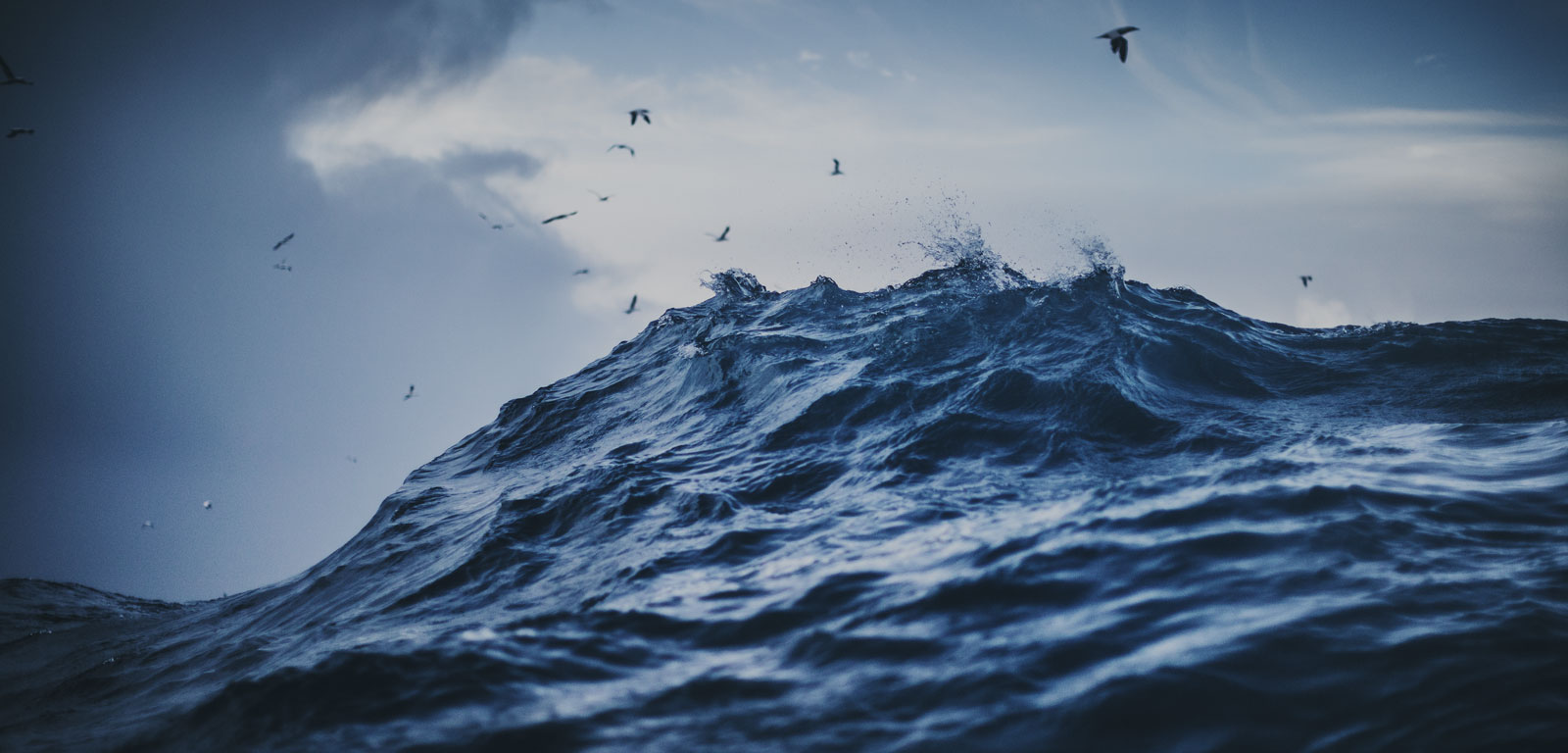Subject
Zooplankton Ecology and Processes
General details of the subject
- Mode
- Face-to-face degree course
- Language
- English
Description and contextualization of the subject
The module will assess the role of zooplankton in the global marine ecosystem.Competencies
| Name | Weight |
|---|---|
| appreciate the role of zooplankton in marine ecosystems and recognise the diversity of mero- and holplankton, and be able to identify the common species of temperate water zooplankton | 20.0 % |
| appreciate the factors that regulate the distribution patterns of zooplankton and be able the assess the methodologies available to design an effective field sampling programme | 20.0 % |
| understand the role of zooplankton in the pelagic trophic web and be able to appreciate the constraints in measuring zooplankton feeding in the laboratory and the field and structuring the energetic budget of individual zooplankters | 15.0 % |
| appreciate the methods available to estimate zooplankton secondary production, and the nature of the raw data required for the calculations | 10.0 % |
| appreciate the behavioural and physiological response employed by zooplankton to counter tidal advection/population dispersal and to undertake 24hr diurnal vertical migration | 5.0 % |
| assess the role of zooplankton as indicators of a range of environmental change | 15.0 % |
| design and conduct experiments on live zooplankton | 5.0 % |
| use a range of library information services to aid production of well structured written reports | 10.0 % |
Study types
| Type | Face-to-face hours | Non face-to-face hours | Total hours |
|---|---|---|---|
| Lecture-based | 30 | 60 | 90 |
| Applied laboratory-based groups | 15 | 15 | 30 |
| Workshop | 15 | 12.5 | 27.5 |
| Applied fieldwork groups | 15 | 25 | 40 |
Training activities
| Name | Hours | Percentage of classroom teaching |
|---|---|---|
| Acquiring basic fieldwork skills | 40.0 | 38 % |
| Acquiring basic instrumental skills | 30.0 | 50 % |
| Expositive classes | 90.0 | 33 % |
| Groupwork | 27.5 | 55 % |
Assessment systems
| Name | Minimum weighting | Maximum weighting |
|---|---|---|
| Practical tasks | 40.0 % | 40.0 % |
| Written examination | 60.0 % | 60.0 % |
Learning outcomes of the subject
At the end of the Unit, the student should be able to:1. Generic: Small groups ~ boatwork and laboratory practical programme. Individual assessment of data quality, presentation of written reports, library information retrieval and critical analysis of literature.
2. Subject-based: Boatwork and practical laboratory skills in zooplankton taxonomy and experimentation. Interrogation, analysis and presentation of raw data. Knowledge of zooplankton subject area.
Temary
SyllabusThe biological and non-biological forcing-factors structuring biodiversity, community and population patterns from the meso- to the microscale will be examined. Methods of conducting and analysing field sampling programmes will be assessed. The position of zooplankton in the 'economy' of the pelagic ecosystem will be evaluated by (a) examining the feeding and reproductive strategies of a range of zooplankton types, (b) examining the make-up of zooplankton energy budgets and (c) assessing the methods available for the estimation and modelling of zooplankton secondary production. Responses of individual zooplankters to their environment will be studied by examining factors regulating tidal advection, larval settlement and the implications of diurnal vertical migration. The usefulness of zooplankton as biological indicators of water mass movement, global climate change and pollution will be examined. The potential of zooplankton as a commercial resource is investigated.
Practical classes are designed to introduce the diversity of mero- and holoplankton forms and to train students in formal taxonomic identification of temperate water species. The impact of zooplankton grazing pressure, in relation to the quantity, quality and species composition of available diet is measured and analysed.
It was not possible to load the content, please try again later. In case the problem persists contact CAU (Phone: 916014400 / E-mail: cau@ehu.eus / Website: https://lagun.ehu.eus).


